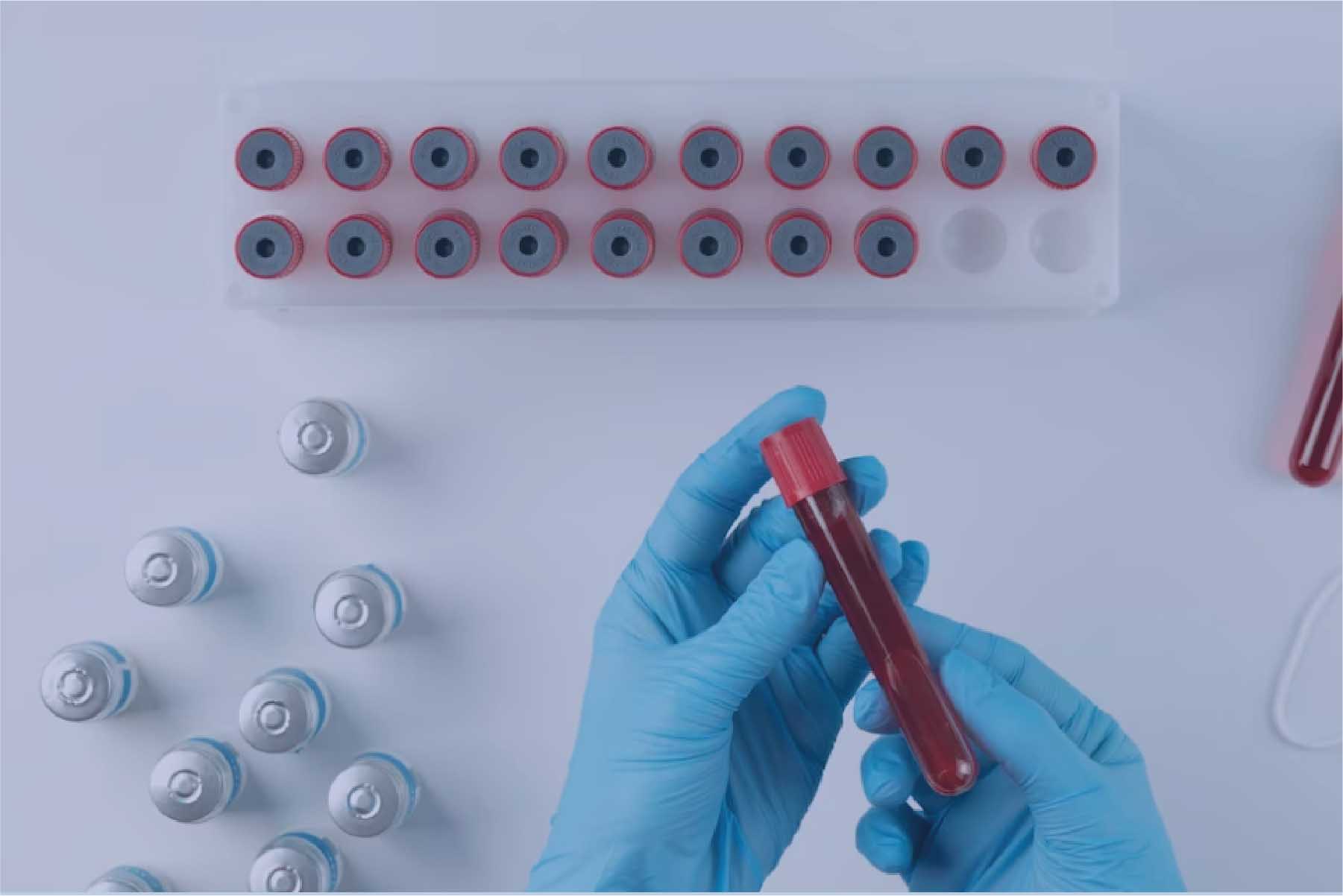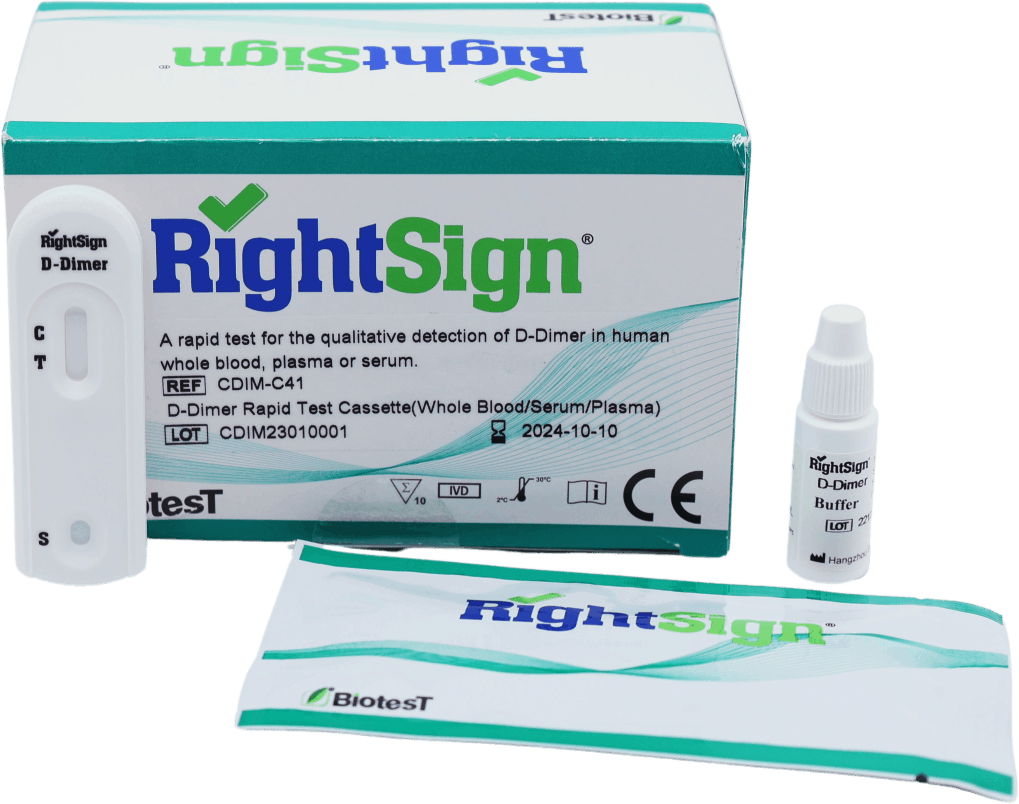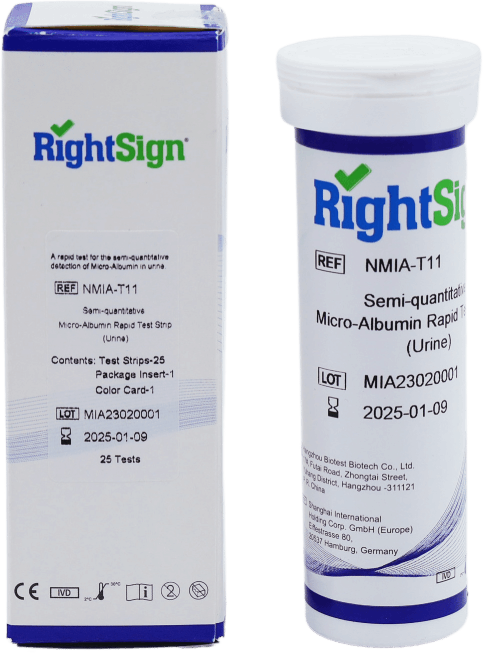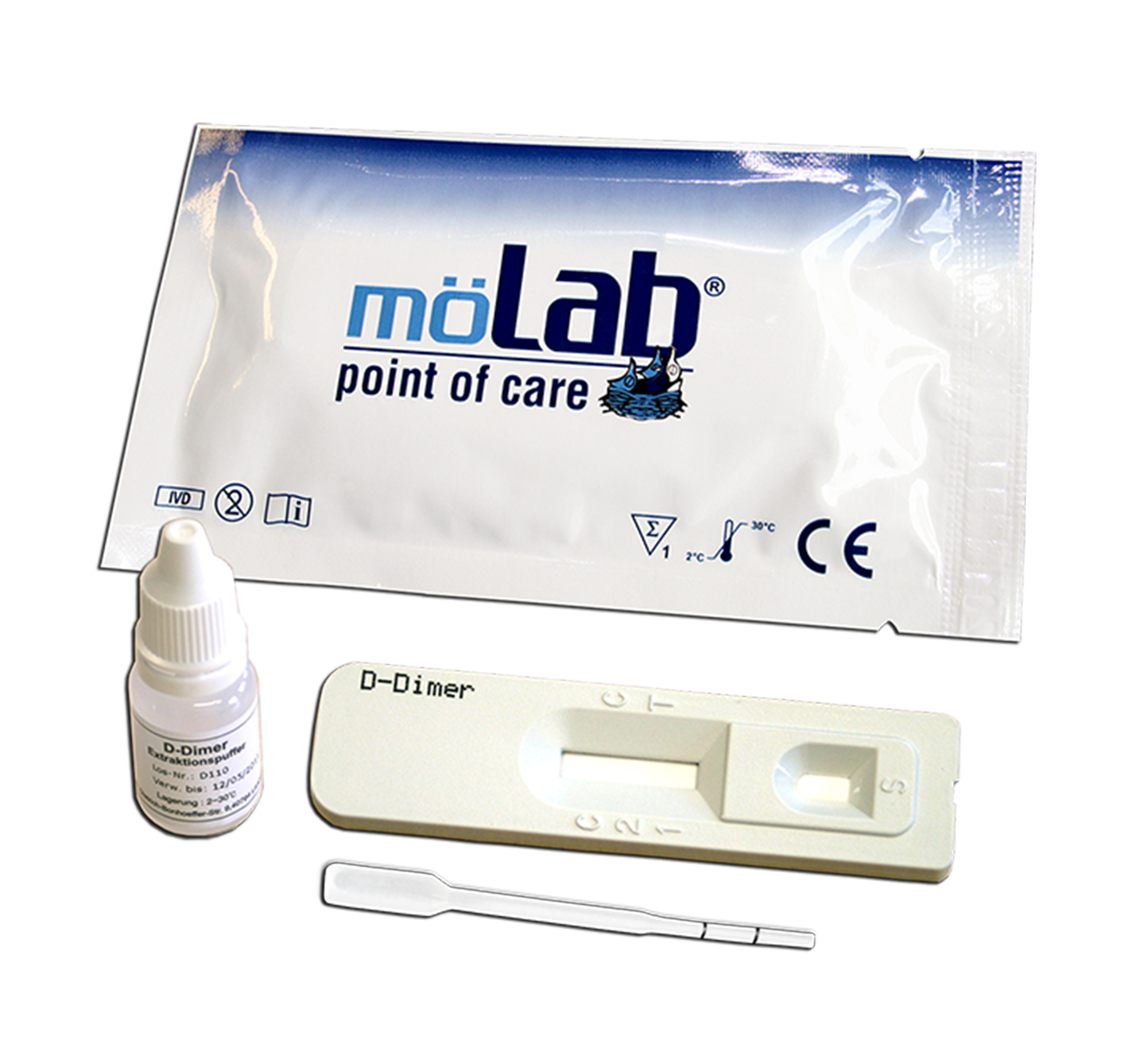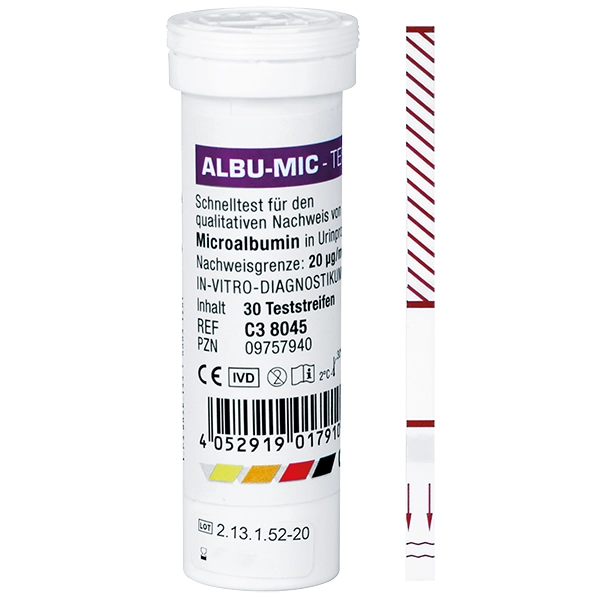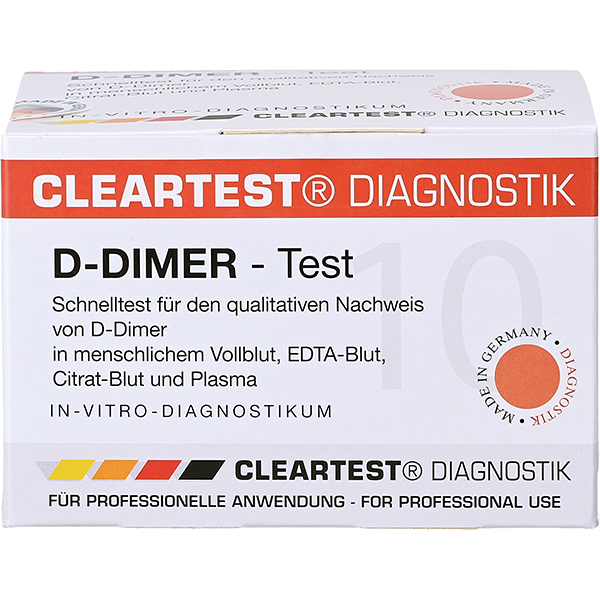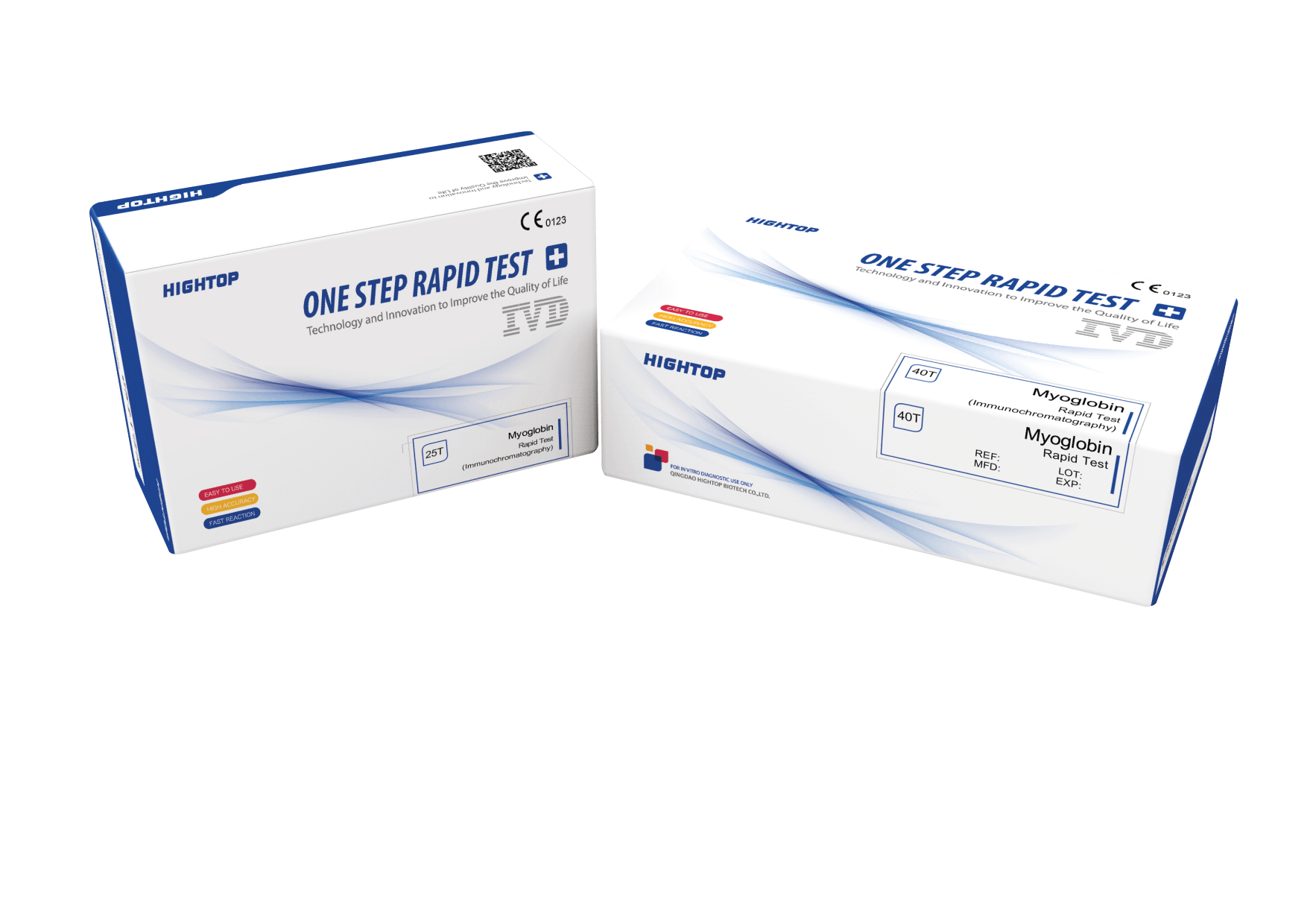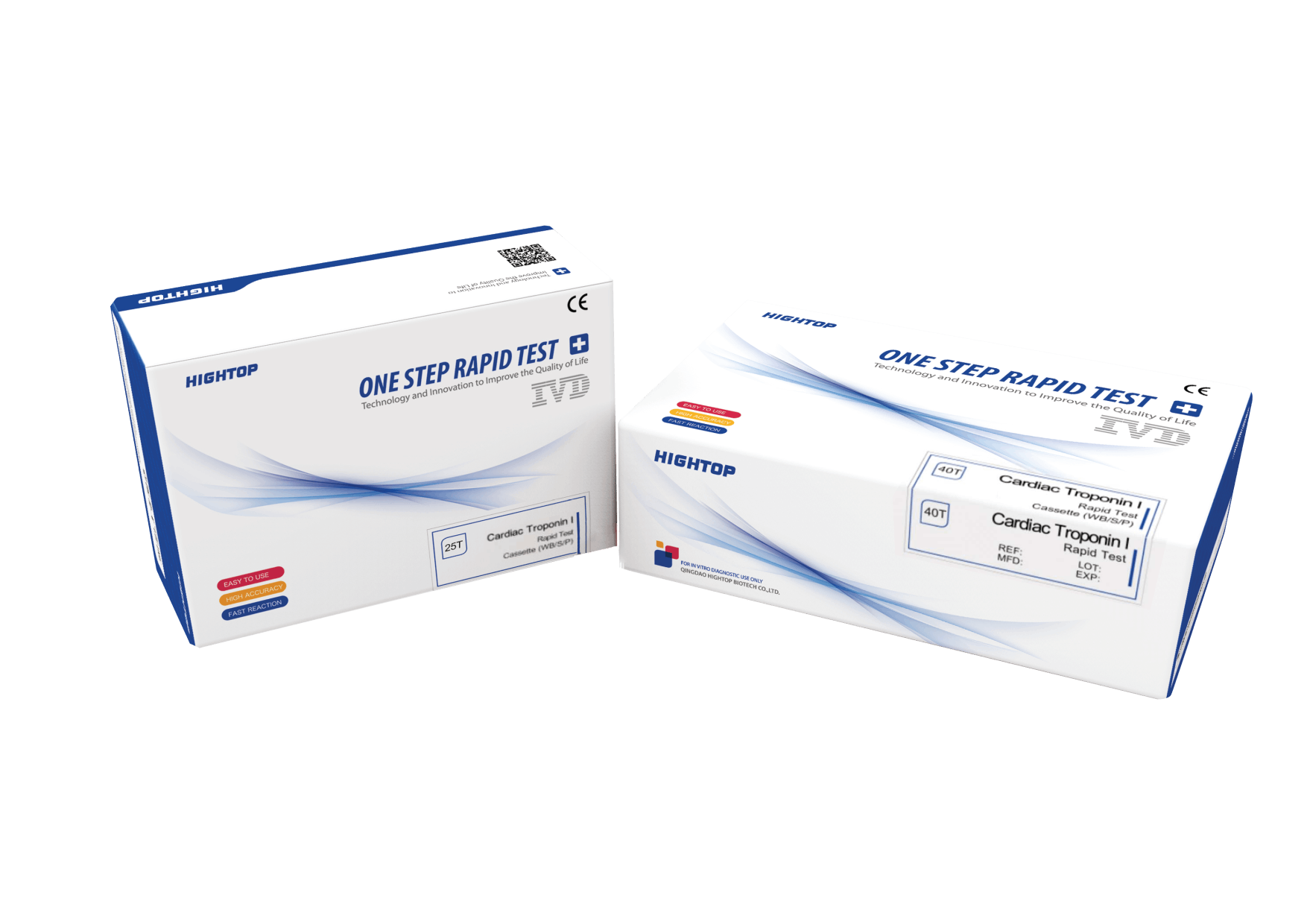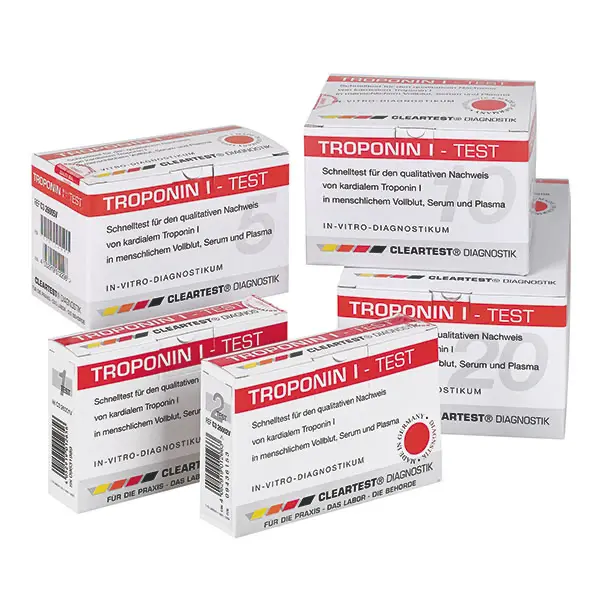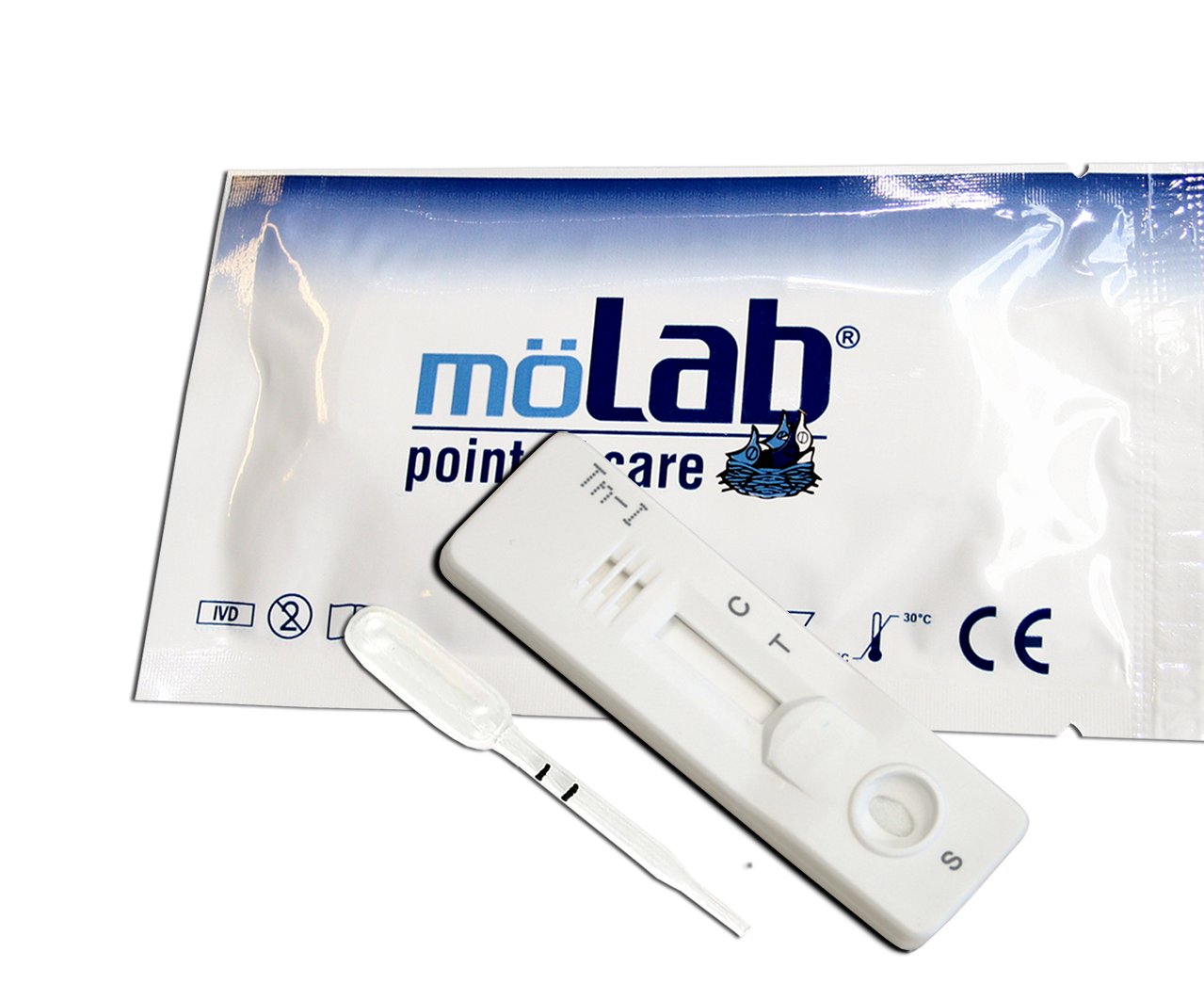Buy Cardiovascular Tests
At OdemShop, we offer a variety of tests for monitoring cardiovascular health. From Troponin to D-Dimer tests, our products help detect and monitor heart diseases early.

Cardiovascular Tests
Evaluating cardiovascular health is crucial for medical diagnostics, offering insights into heart and circulatory system integrity. Tests range from non-invasive like electrocardiograms (ECGs) and echocardiograms, to invasive procedures such as angiograms and cardiac catheterizations. Each provides key data on heart rhythm, blood flow, as well as the condition of the heart muscle and valves.
For purchase managers, doctors, elderly homes, and pharmacies, understanding the specific purposes of these tests is essential. They offer valuable information guiding medical decision-making, which is why a clear grasp of cardiology and patient history is vital for accurate interpretation.
Understanding Cardiovascular Tests and their Importance
Cardiovascular tests are essential tools in medical diagnostics and provide critical insights into the health and function of the heart and blood vessels. These tests, including ECG, angiogram, and echocardiogram, are pivotal in detecting heart disease. They evaluate the heart's electrical activity and structure, ensuring timely intervention and management of potential cardiovascular conditions. This precision and clarity in diagnosis and treatment help safeguard patient health.
Ensuring heart health involves a range of diagnostic tests, such as stress tests and tilt tests, which provide a quick and accurate assessment of the heart's activity and electrical rhythms. These tests, often ordered by doctors, utilize advanced technologies like angiograms, magnetic resonance imaging (MRI), and computed tomography (CT) scans to detect potential issues such as heart muscle damage or coronary artery disease.
Regular check-ups, incorporating blood pressure and heart rate monitoring, play a pivotal role in maintaining a heart-healthy lifestyle and mitigating the risk of cardiovascular problems. Organizations like Johns Hopkins Medicine and the Heart Foundation stress the significance of these diagnostic measures in safeguarding overall heart well-being. Regular cardiovascular assessments contribute to early detection and effective management of heart-related concerns, ensuring optimal heart function and reducing the risk of heart disease.
Common Types of Cardiovascular Tests Kit
Cardiovascular test kits are essential tools for diagnosing and monitoring heart-related conditions. These kits often include assays for biomarkers such as Troponin, Myoglobin, and D-Dimer, which can indicate myocardial infarction, thrombosis, or other cardiac events.
Other important tests, such as CK MB Rapid Tests and MicroAlbumin Tests, provide additional information about cardiac enzyme levels and kidney function related to cardiovascular health.
Troponin Tests
Among the essential tools for diagnosing heart damage, troponin tests stand out as a critical component of cardiovascular assessment kits. These blood tests measure levels of troponin, a protein released when the heart muscle is injured.
Elevated troponin levels suggest a cardiac event, aiding clinicians in the timely management of various heart conditions. Consequently, troponin tests are pivotal in the accurate detection of damage to cardiac tissue.
D-Dimer Tests
Building on the importance of protein markers in cardiac assessment, D-Dimer tests offer another layer of diagnostic insight. These tests measure the levels of a specific protein fragment present in the blood after a blood clot dissolves, which can be indicative of thrombotic events and related cardiovascular complications.
This heart test is often used alongside imaging techniques like dye-enhanced x-ray of blood vessels. It aids in evaluating clot presence and vascular health.
CK MB Rapid Tests
CK MB Rapid Tests are a crucial tool in the swift diagnosis of myocardial infarction. They measure the levels of creatine kinase-MB in the bloodstream to detect heart muscle damage. These tests provide insights into the integrity of coronary arteries, helping clinicians assess if an artery blockage has disrupted heart rhythm.
Prompt and accurate, CK MB Rapid Tests are essential in cardiovascular emergency diagnostics.

Myoglobin Tests
Myoglobin tests are integral components of cardiovascular test kits. They rapidly detect the presence of myoglobin, a protein released into the blood after heart muscle injury. This facilitates early diagnosis of myocardial infarction. These tests are crucial for evaluating heart health, particularly following events where damage to the heart muscle, such as a compromised valve, is suspected. Unlike sound waves used in echocardiograms, myoglobin tests rely on blood biomarkers.
MicroAlbumin Tests
MicroAlbumin tests are essential tools within cardiovascular test kits. These tests measure the small amounts of albumin in urine to assess early signs of kidney damage often associated with heart disease.
These tests are crucial for identifying individuals at risk, allowing for prompt intervention and management of potential cardiovascular conditions.
Accurate and timely, MicroAlbumin tests play a pivotal role in preventive cardiovascular healthcare.
NT-proBNP Tests
Building on the importance of early detection in cardiovascular health, NT-proBNP tests serve as another critical component in cardiovascular test kits, quantifying the levels of N-terminal pro b-type natriuretic peptide to evaluate heart failure severity.
- Risk Stratification: Classifying patient risk levels.
- Treatment Monitoring: Adjusting therapies effectively.
- Diagnostic Accuracy: Distinguishing heart failure from other conditions.
- Prognostic Value: Predicting patient outcomes.
- Guideline Compliance: Adhering to established care protocols.
Test Procedure
Cardiovascular testing is an important component of healthcare and provides life-saving information for both physicians and patients. Like the beating heart that drives it all, testing procedures can be both complex and precise - an amazing phenomenon. To better understand this process, let's look at what kind of testing is available:
| Test | Procedure | Type |
|---|---|---|
| Cardiac catheterization | Insertion of a catheter into the arteries | Invasive |
| EKG testing | Electrodes on the chest of the patient | Non invasive |
| Echocardiography | Ultrasound imaging of the heart | Non invasive |
| Cardiac CT | CT scan for detailed analyses | Invasive |
| Stress Testing | Monitoring the pulse during activity | Non invasive |
As you can see from the table above, there are both invasive and non-invasive methods of performing cardiovascular testing. Which approach is used depends on the severity of the condition being tested, as well as factors such as risk tolerance and cost-effectiveness. No matter which method is chosen by your physician, expect thoroughness and precision in every step of the test. From taking vital signs to obtaining samples or images, each part plays its part in determining how best to proceed with treatment.
Where to buy Cardiovascular Tests?
When considering the purchase of cardiovascular tests, Odemshop offers a reliable and professional source for these medical supplies. Customers choose us for our commitment to quality, comprehensive selection, and customer care.
Our products are tailored to meet the rigorous demands of healthcare providers, ensuring accurate and timely diagnostics for patient care.
When to Undergo Cardiovascular Testing?
Determining the appropriate time for cardiovascular testing is crucial for early detection and management of heart-related conditions. The following situations typically warrant evaluation:
- Experiencing symptoms like chest pain or shortness of breath
- Family history of heart disease
- Presence of risk factors such as hypertension, diabetes, or high cholesterol
- Abnormal findings from a physical exam
- Before starting a new, strenuous exercise program
Here are some of our rapid tests for cardiovascular monitoring :
You might also be interested in

D-dimer and D-dimer Levels – An Overview
D-dimer and D dimer levels are an important part of the diagnostic process for identifying blood clots. They can help us predict and prevent...
View Post
NT-Pro-BNP (B-type Natriuretic Peptide) – A Comprehensive Overview
NT-Pro-BNP (B-type Natriuretic Peptide) is a protein that helps in the diagnosis of cardiac dysfunction. It can be used as a test substance to check...
View Post
CK MB and the CK MB Value: Everything You Need to Know
As a medical indicator of heart disease and muscle breakdown, the CK MB value is an important test performed when heart attack, myocarditis or...
View Post




